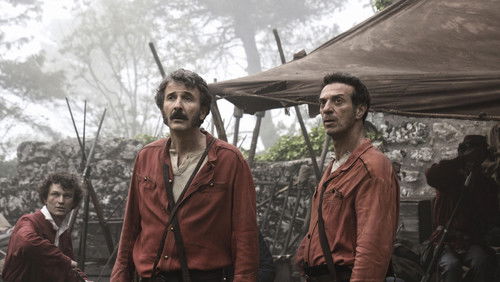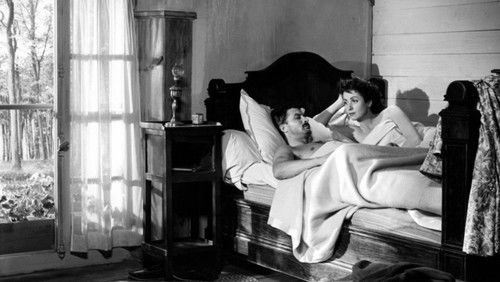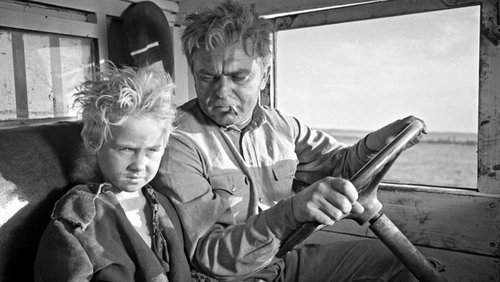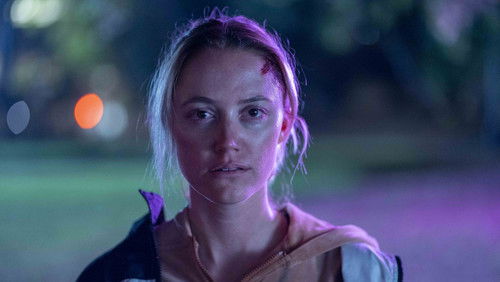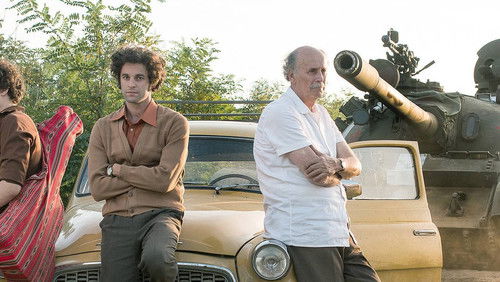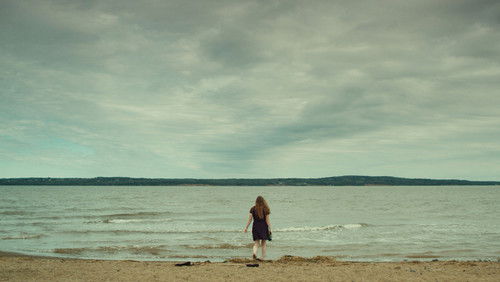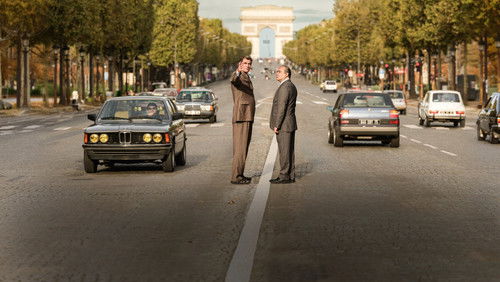La noche (2016)
24KLa noche: Directed by Edgardo Castro. With Edgardo Castro, Paula Ituriza, Dolores Guadalupe Olivares, Federico Figari. The story tells, from an accentuated hyper-realistic aesthetic, the life of Martin, a man in his forties who is desperately lonely and seeks, through sex, some company, to spend that time of which nothing seems to be expected. Under this constant desolation, he finds in cocaine, alcohol and in some other orgy a state of momentary pleasure every night. He moves around Buenos Aires at night, picking up guys, going to clubs, scoring drugs and having sex. Sometimes he’s paying and sometimes his trans sex-worker friend or another woman takes him along for a threesome.
“This film presents a slice of sleazy Buenos Aires as experienced by anmiddle aged homosexual man – delivered in the style of cine vérité. A fly on the wall camera peeks into the most intimate encounters between this man, Martin, and a motley crew of people that he hooks up with, for sex, drug use, and for ephemeric companionship. The sex and drugs are the medium through which to establish that particular companionship he looks for – stripped off all layers of pretense – right down to the core base of peopleu0026#39;s innermost desires and kinks, that he wants to match to his own. Getting wasted on drugs is a manner in which to retain interest in the (sex) partner or vive versa; itu0026#39;s part of the ritual bonding, and the antidote to fend off u0026quot;normalu0026quot; daily life.u003cbr/u003eu003cbr/u003eTo set the mood, there are scenes that show him snorting coke at random with strangers in seedy restrooms of clubs frequented by people of the night: aging transvestites, strippers who are past their prime, the rough and the rich, and socially introverted people (like Martin). These people of the night are sometimes wonderfully juxtaposed with ordinary people who go by their business in broad daylightu003cbr/u003eu003cbr/u003eThe background music and lyrics to the songs underscored in each scene are perfectly poignant and enhance the mood that is aimed for. Whilst looking to connect, people equally make sure there is distraction from the other person, filling the space with background noise: the tap running, the noisy chitter chatter of Argentine television, music being played to drown out peopleu0026#39;s voices or any awkward silences.u003cbr/u003eu003cbr/u003eThe camera likes to linger on the imperfections of the bodies of people: pot bellies, love handles, coarse facial features. Since it is Buenos Aires there are also lots of u0026quot;love hotelsu0026quot; involved. Martin likes to keep the intimacy out of his own personal home, although he does go back there to puke up his guts after his nocturnal adventures. Usually by then he is strung out, after a failed encounter, to then start the whole process all over again. He pushes himself to the limit with drugs and alcohol and sex with the most awkward of strangers with the most minimal levels of communication. Most of all he is looking for heterosexual males to which he submits heedlessly; he uses transvestite friends and loose women, and drugs, and money, to gain physical proximity to them.u003cbr/u003eu003cbr/u003eOne must note that this is cinéma-vérité on the next level. The protagonist of the film, Martin, is also the director of this film, and he shows great courage in showing himself in this light. He probably draws from his own experiences as he captures the strange, bizarre, desperate, tender, and frustrating ever so well, which will be recognizable to anyone who has strayed through this sleazy world of urban night. The film is sexually explicit enough to be unapologetically realistic, but not so much that it is basic porno. The scenes are raw and meta-realistic; some characters were truly picked up, off the street and are gay for pay and under the influence of drugs, which injects a dosis of raw authenticity into this piece of fiction.u003cbr/u003eu003cbr/u003eI consider this film another outstanding gay themed Argentine film of this decade, together with Muerte en Buenos Aires, Plan B, Vil Romance and El Tercero. Argentina delivers every time, and this film excells.”

